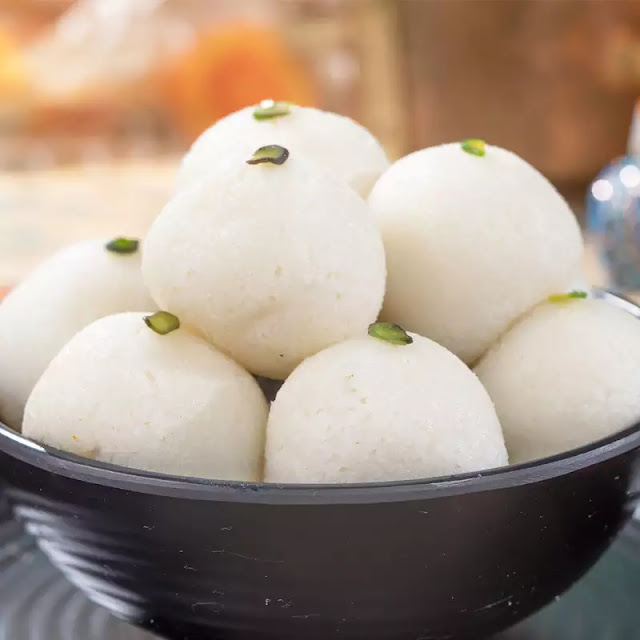single seed fruits
1. Introduction
2. Understanding Single-Seed Fruits
- Definition of Single-Seed Fruits
- Examples of Single-Seed Fruits
3. The Nutritional Value of Single-Seed Fruits
- Vitamins and Minerals
- Antioxidants
- Fiber Content
4. Health Benefits of Single-Seed Fruits
- Promoting Heart Health
- Boosting Immunity
- Aiding Digestion
5. Culinary Uses of Single-Seed Fruits
- Cooking and Baking
- Juicing and Smoothies
6. Popular Single-Seed Fruits Around the World
- Mango
- Avocado
- Peach
- Cherry
- Olive
7. Interesting Facts about Single-Seed Fruits
8. How to Select and Store Single-Seed Fruits
9. Seedless vs. Single-Seed Fruits
10. Conclusion
11. FAQs
# **What Fruit Contains a Single Seed?**
## Introduction
When it comes to fruits, nature has provided us with an incredible variety, each with its unique taste, texture, and health benefits. One fascinating category of fruits is the single-seed fruits. These fruits are known for containing only one seed, unlike other fruits that may have multiple seeds scattered throughout their flesh. In this article, we'll explore the world of single-seed fruits, their nutritional value, health benefits, culinary uses, and more.
## Understanding Single-Seed Fruits
### Definition of Single-Seed Fruits
Single-seed fruits, as the name suggests, are fruits that possess only one seed at their core. This seed is typically surrounded by the fruit's flesh, making it easy to identify in many cases. Some single-seed fruits are large and fleshy, while others are small and packed with concentrated nutrients.
### Examples of Single-Seed Fruits
Several fruits fall under the category of single-seed fruits. Some of the most popular examples include:
- Mango: A juicy tropical fruit known for its sweetness and versatility.
- Avocado: A creamy and nutritious fruit often used in savory and sweet dishes.
- Peach: A soft, fuzzy fruit with a deliciously sweet and tangy flavor.
- Cherry: A small, vibrant fruit with a delightful burst of sweetness.
- Olive: A small fruit commonly used to produce olive oil.
## The Nutritional Value of Single-Seed Fruits
Single-seed fruits offer a range of essential nutrients that contribute to a balanced and healthy diet.
### Vitamins and Minerals
These fruits are excellent sources of vitamins such as vitamin C, vitamin A, and various B vitamins. Additionally, they provide essential minerals like potassium, magnesium, and calcium.
### Antioxidants
Many single-seed fruits are rich in antioxidants, which help combat oxidative stress and protect our cells from damage caused by free radicals.
### Fiber Content
Fiber is crucial for digestive health, and single-seed fruits often have a good amount of dietary fiber, aiding in proper digestion and promoting a feeling of fullness.
## Health Benefits of Single-Seed Fruits
### Promoting Heart Health
The presence of potassium in single-seed fruits can contribute to heart health by regulating blood pressure and reducing the risk of cardiovascular diseases.
### Boosting Immunity
The abundance of vitamins and antioxidants in these fruits supports the immune system, helping the body defend against infections and illnesses.
### Aiding Digestion
The dietary fiber found in single-seed fruits promotes smooth bowel movements and helps prevent digestive issues like constipation.
## Culinary Uses of Single-Seed Fruits
### Cooking and Baking
Single-seed fruits can add a unique and delicious twist to both sweet and savory dishes. From avocado toast to mango salsa, these fruits enhance the flavor and nutritional value of various recipes.
### Juicing and Smoothies
Single-seed fruits are perfect for creating refreshing and nutritious juices and smoothies. They add natural sweetness and a thick, creamy texture to these beverages.
## Popular Single-Seed Fruits Around the World
### Mango
The "king of fruits" is beloved for its juicy and succulent flesh, often enjoyed on its own or used in chutneys and salads.






No comments:
Post a Comment